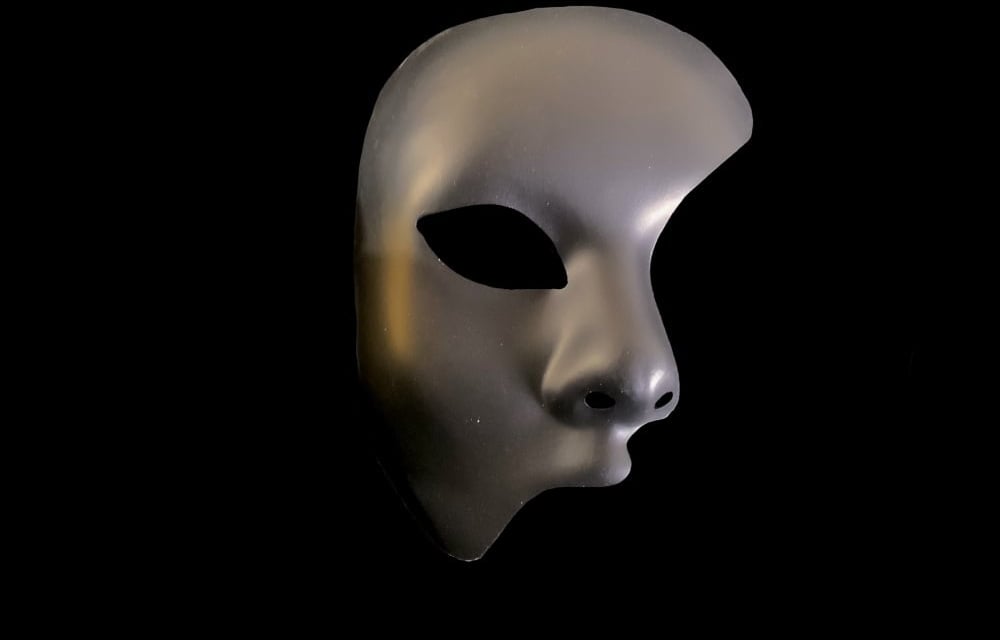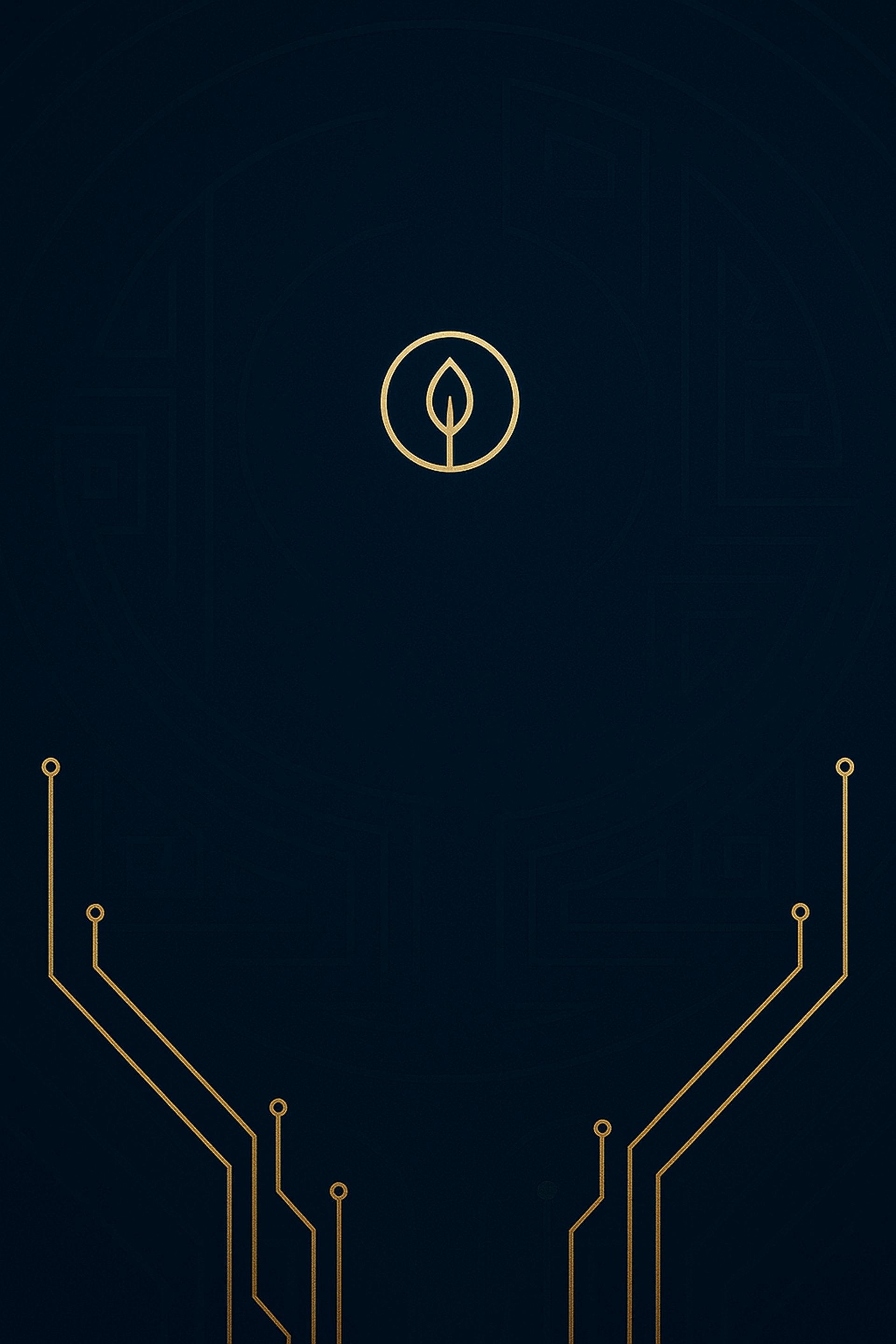The Phantom Composers


The Phantom Composer
By: Tan Sri Son | 09/06/2025
The Phantom Composer: A Mystery of Music Beyond the Grave
Music has always been regarded as a profound human creation—an art form born from emotion, inspiration, and the complexities of the human soul. Yet, throughout history, there have been strange cases in which music seemed to appear without an identifiable creator. Among these puzzling tales, one of the most enduring and chilling mysteries is the phenomenon of the Phantom Composer—a term used to describe instances where musical compositions surface without attribution, almost as if they were dictated by unseen hands, or composed by forces beyond the natural world.
While countless works of anonymous origin exist, ranging from medieval chants to early folk songs, the true "Phantom Composer" cases are different. They are not merely lost or unsigned works but are instead tied to claims of supernatural origin, ghostly dictation, or inexplicable musical transmissions. One of the most intriguing examples of this occurred in the mid-20th century in England and has since become a subject of debate among skeptics, spiritualists, and musicologists alike.
The Rosemary Brown Case: A Phantom Composer’s Chosen Medium
The most famous story tied to the Phantom Composer centers around Rosemary Brown, a London housewife born in 1916. She was neither a trained musician nor a professional pianist. In fact, she only had a modest understanding of the piano, enough to play simple tunes. Yet, in the 1960s, Brown shocked the world when she began producing original compositions that she claimed were dictated to her by the spirits of deceased composers such as Franz Liszt, Ludwig van Beethoven, Frédéric Chopin, and Claude Debussy.
According to Brown, it began when she felt a spiritual presence around her piano. Soon, she began hearing melodies in her head—complex, sophisticated pieces she could not possibly have invented on her own, given her limited training. She claimed that Liszt, in particular, acted as a guide, introducing her to other great composers from beyond the grave, who each provided her with their own distinct works.
She went on to write down hundreds of pieces, many of which musicologists confirmed bore striking similarities to the styles of the deceased composers. For example:
The "new" works attributed to Beethoven contained intricate harmonies and dense passages reflective of his late style.
The music from Chopin carried the lyrical elegance and emotional depth consistent with his nocturnes and études.
The "posthumous" Schubert lieder matched his gift for melody, infused with melancholy beauty.
What astonished researchers most was not just the authenticity of style but also the technical accuracy. Brown, with her amateur piano skills, should not have been able to produce works of such advanced musical structure.
Reactions from the Music World
Brown’s claims sparked fierce debate. Some dismissed her as a fraud, suggesting she may have had undisclosed training or that she plagiarized obscure compositions. However, her defenders pointed out that many of her transcriptions were stylistically consistent but not direct copies of any existing works. They were entirely new yet sounded convincingly authentic.
Well-respected musicians and scholars such as Humphrey Searle, a British composer and authority on Liszt, studied her work. Searle admitted that her "dictated" pieces bore an uncanny resemblance to Liszt’s late style and that the complexity of her compositions could not be explained by her limited skill alone.
The media eagerly picked up her story. Newspapers dubbed her the "Housewife Medium of the Masters," and she appeared on radio and television, performing the pieces supposedly delivered to her by dead composers. Audiences were divided—some enchanted by the notion of music from beyond the grave, others skeptical and accusing her of fabrication.
The Psychological and Paranormal Dimensions
The case of Rosemary Brown invites broader questions about the human mind and the possibility of paranormal influence. From a psychological standpoint, skeptics argue she may have been engaging in cryptomnesia—the unconscious reproduction of music she had previously heard but forgotten, reshaping it as if it were new. Others suggest her deep immersion in classical music may have sparked a heightened creative state, enabling her to compose beyond her conscious abilities.
On the paranormal side, spiritualists saw her as proof of communication between worlds. Brown herself claimed she did not seek fame or money from her abilities; she only wanted to share the music she believed the dead had given her. For believers, she was a vessel chosen by the great composers to finish their unfinished symphonies and sonatas.
The Legacy of the Phantom Composer
Rosemary Brown died in 2001, but her legacy endures in the debate over the "Phantom Composer." Today, her works are archived and occasionally performed. Whether one sees her as a gifted fraud, a subconscious genius, or a true medium for ghostly composers, her case remains a cornerstone of musical mystery.
Beyond Brown, there are scattered reports of other phantom-like musical experiences—musicians waking from dreams with fully formed symphonies in their minds, or individuals with no prior training suddenly composing intricate works. These stories, while less famous, contribute to the eerie notion that music may not always originate entirely from the living.
Conclusion
The mystery of the Phantom Composer straddles the line between skepticism and wonder. It challenges the boundaries of creativity, consciousness, and even the afterlife. Was Rosemary Brown genuinely channeling Liszt and Beethoven? Or was her mind, perhaps unknowingly, synthesizing fragments of musical memory into new creations?
Whatever the truth, the case leaves us with a haunting question: Can art transcend death? If music is truly the universal language, perhaps it is not bound by the limits of mortality. The story of the Phantom Composer—whether paranormal fact or psychological phenomenon—remains one of the most enigmatic and captivating mysteries in the history of music.
Coming Soon
We're on a mission .........................

Discover our full library of The Theos e-magazines and articles — all completely free to read.
We are a crowdfunded publication, dedicated to sharing knowledge, reflection, and theology with readers around the world.
Your support and donations help us continue offering open, accessible content for everyone, everywhere.
Join us in keeping wisdom free.
@ the theos since 2023 © 2023. All rights reserved.